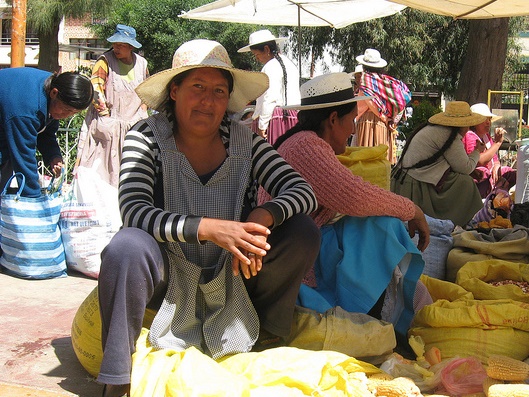16th Sunday of Ordinary Time
Dan Moriarty
July 20, 2014
Wisdom 12:13, 16-19; Psalms 86:5-6, 9-10, 15-16; Romans 8:26-27; Matthew 13:24-43 or 13:24-30
Often, we stereotype the Old and New Testaments: the Old is full of fire and brimstone and a wrathful God, and in the New we discover the God of mercy, forgiveness, and unconditional love. But today, the first readings speak of a kind and gentle God, while it is Jesus who speaks of “weeds” being tied into bundles for burning at harvest time.
We shouldn’t be too troubled by such images, which Jesus used to describe the pain we feel when we separate ourselves from God. Both Testaments are in fact filled with readings like todays Psalm: “You, O LORD, are good and forgiving, abounding in kindness.” We are not to be discouraged by the final image of Jesus’ parable, but guided and reassured by the message that runs through all of today’s readings: that we can trust in God’s judgment – we need not fear it. And trusting God to be fair and handle the judging of souls allows us to accept a world where good and evil, wheat and weeds, coexist. God will take care of the harvest. Our job is not to judge, but to dwell in the garden.
Now, imagine we suddenly find ourselves in a garden where we not only shouldn’t worry about pulling out the weeds, but we can no longer distinguish the weeds from the wheat? This often happens when we encounter a new culture. Everything is different. We are disoriented. We are forced to trust in God’s judgment, because our own judgment is impaired. This can be frustrating: everything may start to look like weeds. But we must trust that there is wheat to be found, if only we take the time to seek it out.
Traditional missioners, who travel to far-away lands, have this experience often. Faced with challenging new situations, they learn to reserve judgment, and often discover in time that with new understanding comes new appreciation. Things that bother them at first come to make sense, and may even turn out to be among the most life-giving aspects of their new culture. What they thought were weeds turn out to be new kinds of wheat.
In Quechua, the language of the Incas still spoken in Peru and Bolivia, there is no original word for “thank you.” As a newly arrived missioner, I might think, “That’s rude! Why are these people so unappreciative, so ungrateful?” But with time, I find that Quechua people define themselves in terms of relationships, which are always reciprocal. If you do something for me, we have a relationship, and it is assumed that I will do something for you when you need it and I am able. This is an ongoing process rooted in balance, harmony, and mutuality.
If you do something for me and I say “thank you,” I’m saying, “Here: with these words, I’ve paid you back. The transaction is complete.” I’ve severed our relationship. It turns out that my Quechua neighbor’s not saying “thank you” is a sign of deep appreciation, commitment, and selfless concern for me. Once I come to understand that, I will probably find I appreciate having a friend I know I can count on even more than I would have appreciated a simple “thank you.”
But when immigrants – people from other cultures – come into our own culture, we have neither the luxury nor the necessity overseas missioners have of immersing ourselves in another’s reality and coming to understand why they are the way they are. Newcomers, with new customs and ways, may seem strange, unfriendly, or even threatening. And all too often, they are treated like the weeds planted by the enemy of the man in today’s gospel story. Like the slave in the story, our instinct may be to remove them. Even more, we seem to assume we are the wheat. We assume God wants us here, and not them. Today, Jesus tells us, “No, if you pull up the weeds, you might uproot the wheat along with them.” He challenges us to “grow together until harvest.”
This is a call to mission. We are called to remain in the garden, among wheat and weeds. We are not called to concern ourselves with which is which. We are called to grow together. Like the missioner who goes abroad and seeks to understand another culture, each of us is called to take this time, to get to know one another, and to seek greater understanding. As we stop concerning ourselves with uprooting weeds, we may actually discover new varieties of wheat. We may even find a friend we can count on.

